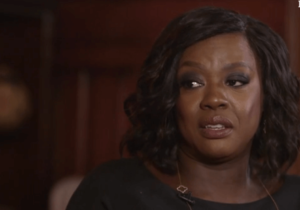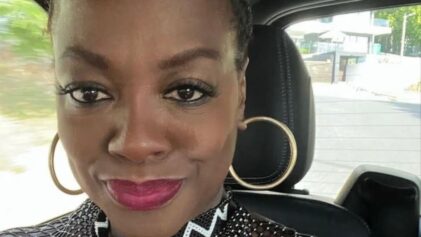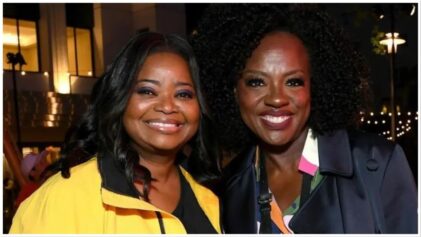
Viola Davis (People/Entertainment Weekly)
Viola Davis grew up in Central Falls, Rhode Island, but in a new interview, she recounts what life was like in her grandmother’s home on a southern farm. The “How to Get Away With Murder” actress’ time on the farm was short-lived, but she later learned the one-room house was on an old plantation.
Located in St. Matthews, South Carolina, the history of Singleton Plantation was not known to Davis until she read the narrative of an enslaved African who was there.
“I wasn’t on it long, because I was the fifth child, and so we moved soon after I was born,” she told The Jess Cagle Interview. “I mean, I went back to visit briefly but still not aware of the history. I think I read one slave narrative of someone who was on that plantation, which was horrific. One-hundred-sixty acres of land and my grandfather was a sharecropper. Most of my uncles and cousins, they’re farmers. That’s the choice that they had.”
Though Davis soon moved away from her birth home, life in Central Falls was not necessarily easy. In a 2008 interview with NPR, the 50-year-old revealed she lived in “abject poverty and dysfunction.”
Now Davis, who currently stars in “Suicide Squad,” does not forget the place where her grandmother delivered her. She told The Jess Cagle Interview she keeps a photo of the house – which she described as a “one-room shack” – on her phone.
“I think it’s a beautiful picture.”
The home had no running water. An outhouse was used instead. Still, without all the amenities, Davis said her family embraced the fun in life.
“My mom says that the day I was born, all of my aunts and uncles were in the house. She said everyone was drinking and laughing, and having fun,” Davis shared. “She said she ate a sardine, mustard, onion, tomato sandwich after I was born.”
“I love that story,” she continued. “It’s a great story to me. It’s a great story of celebration in the midst of what you would feel is a decimated environment, but you could see the joy and the life that can come out of that because it’s not always about things, you know.”
See the complete interview below.


